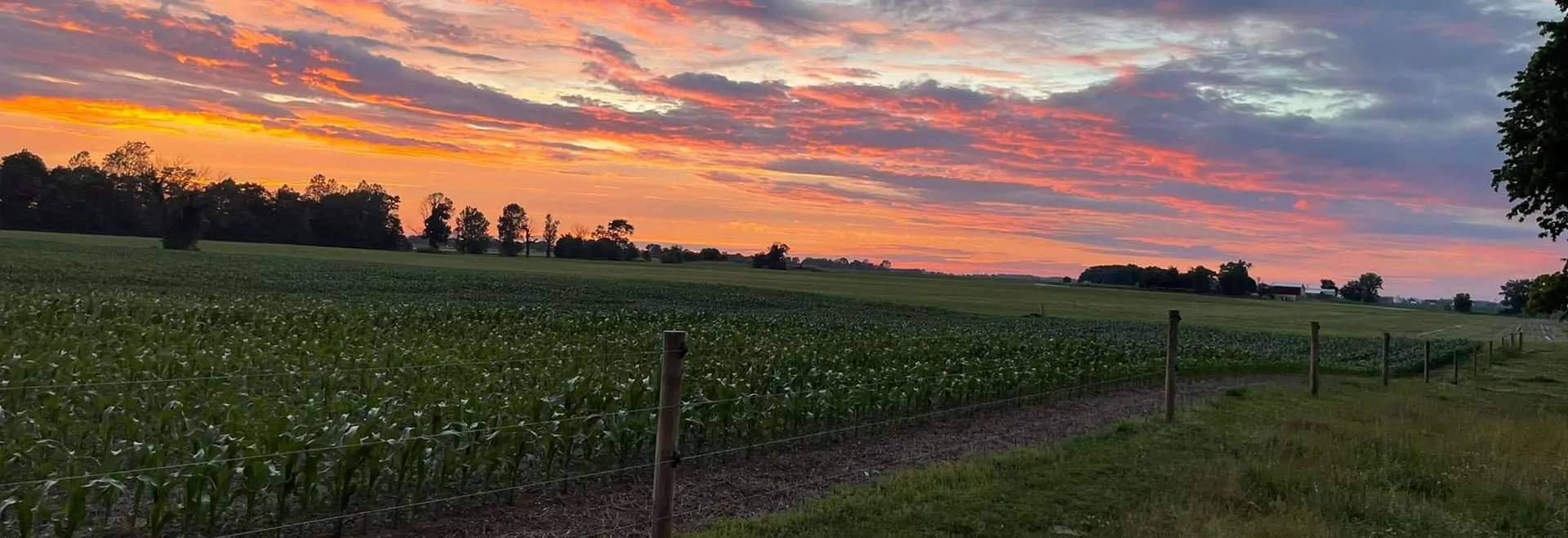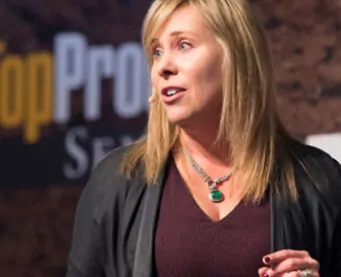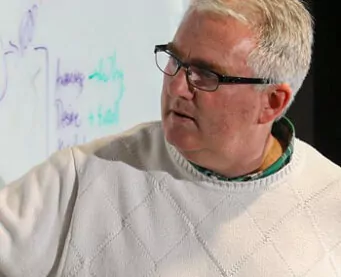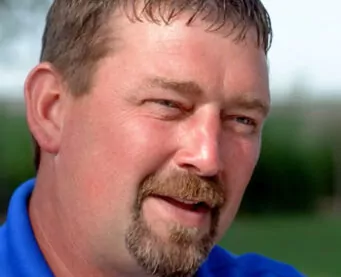Every acre tells a story, and that story shouldn’t stop at the farm gate or the desk of the farm office. To make an impact, the story of every acre and how farmers and their team of advisors and retailers are growing more with less need to be front and center in the mainstream conversation. That’s where Leah Beyer has carved her niche: telling those stories. From the fields and pastures to the kitchen table and R&D lab, Beyer made it her mission to put the stories of American agriculture and the technologies that help to prop it up where they are most visible to the widest and most diverse audience: the Internet.
This week, Beyer joins Mike for an AcreForward conversation that not only provides insight into the ever-changing landscape of agriculture communications and marketing, but the direction the industry is headed.
“I made my way to the digital marketing space when I realized that people who hate agriculture were attacking us online. Agriculture didn’t even know what was happening,” she says. “I sort of had this epiphany back in 2009 where I was like, ‘We’ve gotta get in the game.’ We’ve gotta start telling our story.”
To tell the story of the industry that is “in her blood”, Beyer recognized that she needed a different skill set. Learning the tools of the trade, she soon became agriculture’s “Content Queen”, not only creating the right content for the right audiences but getting it in the right spaces where it would be found and resonate most.
As the US digital marketing leader Corteva, the company born of a merger between Pioneer Dupont and Dow Agrosciences, Beyer isn’t just telling stories today; she’s helping to create the messaging that helps the 99% of the U.S. population who isn’t involved in agriculture better connect with. She’s telling the stories of the processes and technologies that put food on the table and needed pharmaceuticals within our reach.
“At the heart of everything we do (at Corteva) is the farmer and the impact that farmer has on their community. So how can we prop them up to be successful, not just for this generation, but for the future generations,” she asks.
Ag Comms Greatest Challenge
Beyer says that across the U.S., a common challenge limits the communication and networking capacity of U.S. agriculture: rural connectivity.
“Some of the smartest, most innovative folks I know are farmers living in rural communities, and they all tend to have one major obstacle, and that is connectivity. So while they are the most forward-thinking, creating new things and making things work that an engineer sitting in Silicon Valley can’t figure out, they sometimes have to figure out different ways to get information out,” she says.
That’s where good marketing and communication find their important role in today’s agriculture industry. The communications and outreach task at hand is daunting but necessary. MarComm teams have to figure out how to get the right message at the right time to the farmer so they can respond to whatever opportunity or obstacle they’re facing…and do it with the knowledge that farmers may not have the connectivity needed to play videos or download large files.
The Internet is the go-to for nearly every demographic of the U.S. population, making online visibility and communication the first job of any company. When a customer searches Google, it’s our job to provide an answer at the time they ask it, every time they ask it, with the knowledge that the answer may need to be delivered in a low bandwidth way.
Creating a Long-Term Customer
Beyer says that once a company has established that ability to answer online questions and becomes a resource, loyalty, and trust can follow. Long-term trust, however, lies with the people of the company being there when they are needed, helping farmers unpack opportunities, and delivering solutions when a farm is facing challenges.
DiPaola adds that those essentials of establishing trust in an ag relationship is why advisors and dealers will always have a role to play in the industry.
“We don’t replace an advisor,” he says of Taranis’ AI-driven insights. “We’re getting over that acre, we can give you a stand count, which means you have the first indication of the potential of that acre. You can use that information to optimize your activities, and you have a game tape where you can say, “This was the right decision. Good technology, whether communications or ag tech, is an enabler to what people are doing, not competitive.”
He and Beyer agree that the change-maker and drivers of modern agriculture will be the people themselves. Technology will continue to support and advance agriculture. But the most impactful advancements will come from the innovation of companies working harder to become more engaged in serving their customers.




